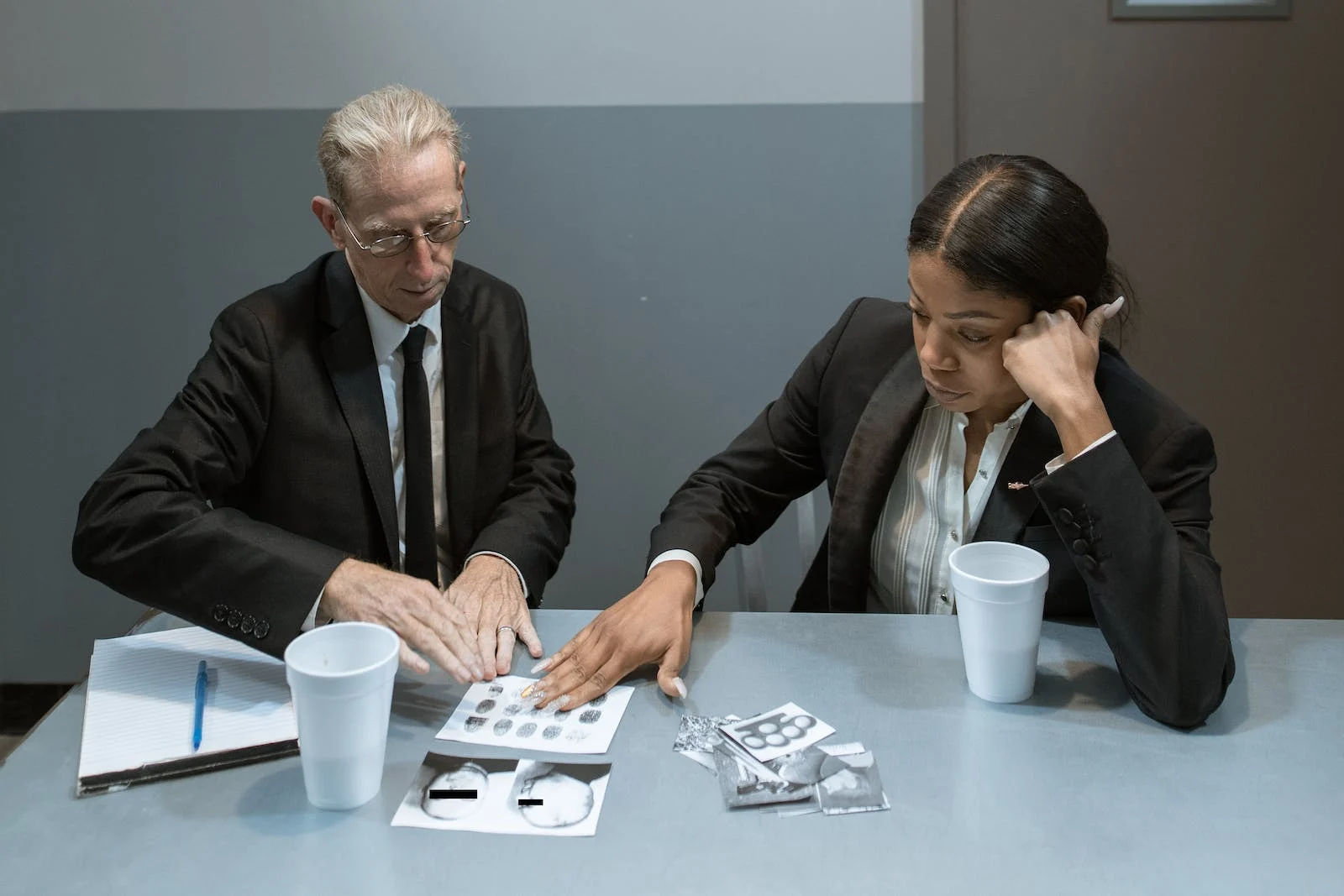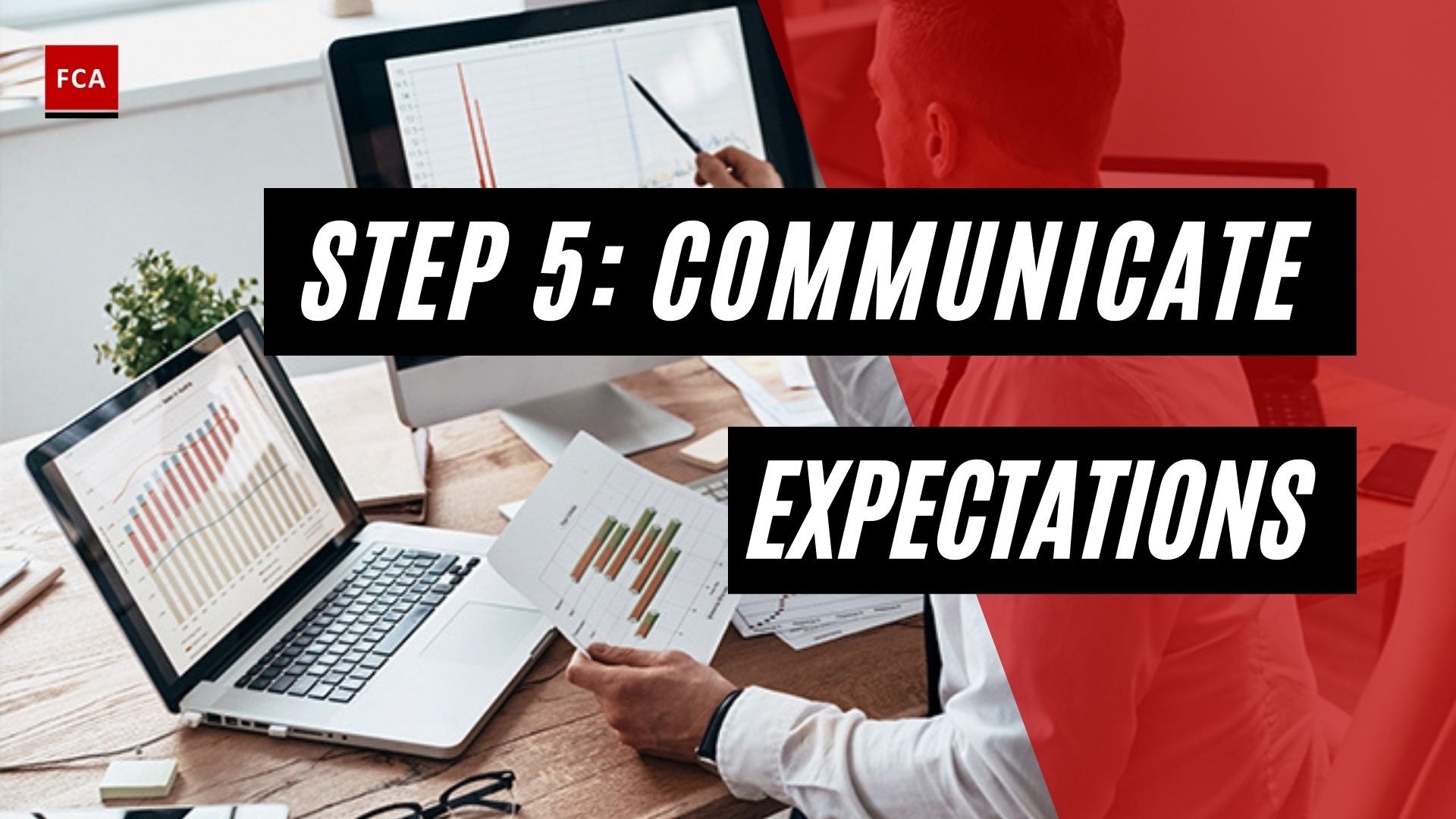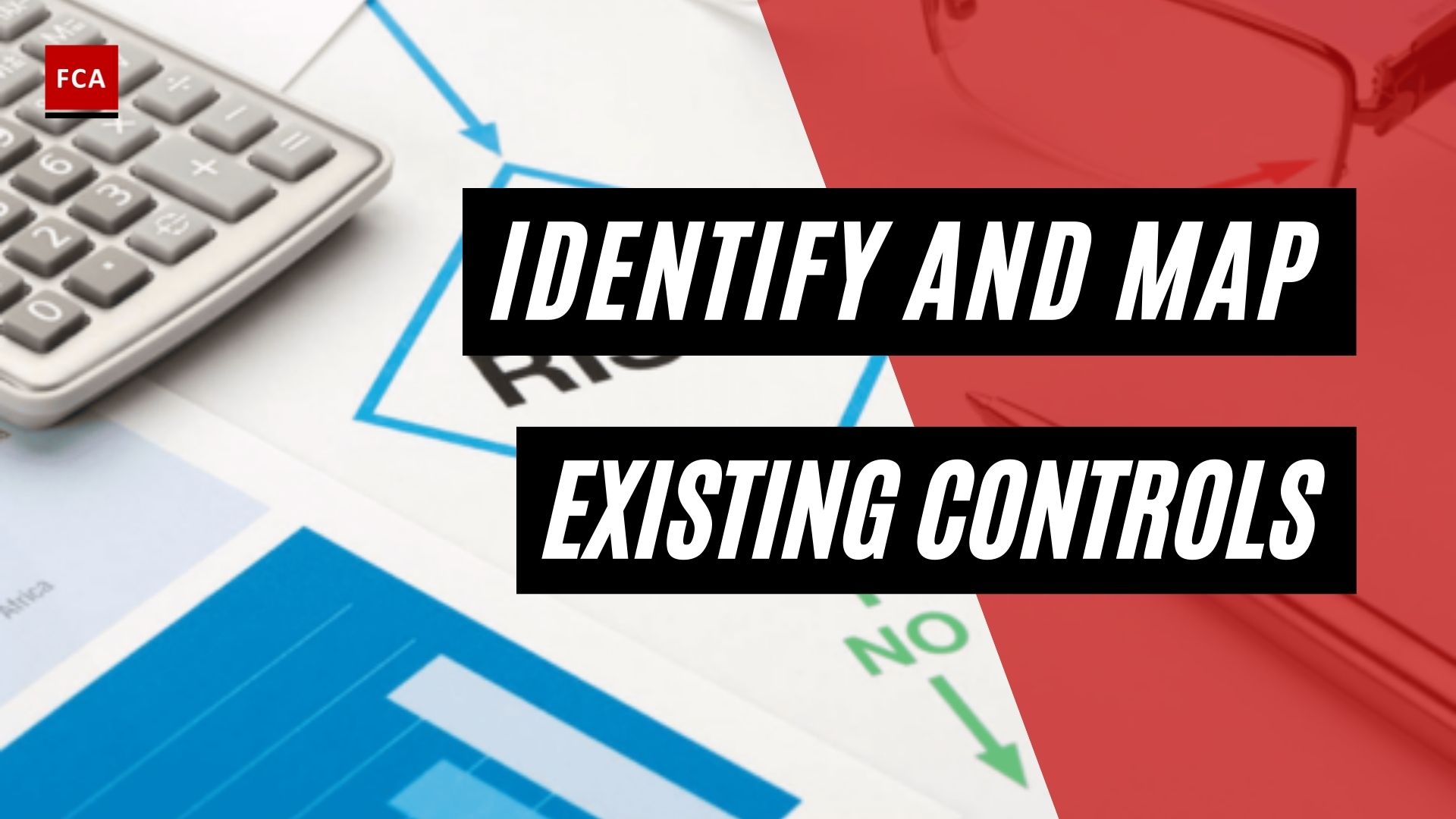Imagine un escenario en el que una gran corporación descubre que millones de dólares han desaparecido de sus cuentas debido a un elaborado esquema de fraude. Hay mucho en juego y la empresa debe actuar rápidamente para evitar más pérdidas financieras y daños a la reputación. Comprender las complejidades de las investigaciones de fraude es crucial en tales situaciones.
En esta publicación de blog, profundizaremos en el mundo de los procesos de investigación de fraude, discutiendo diferentes tipos de fraude, el papel de los investigadores de fraude y las mejores prácticas para garantizar un resultado exitoso.
Puntos clave
Las investigaciones de fraude implican la recopilación y el análisis de pruebas para identificar actividades fraudulentas.
Las habilidades y conocimientos especializados son necesarios para las investigaciones exhaustivas de fraude, que incluyen la recopilación de inteligencia, la realización de análisis de transacciones, la utilización de informática forense y la colaboración con las agencias reguladoras y de aplicación de la ley.
Se deben implementar las mejores prácticas para proteger los activos y la reputación de una organización contra el fraude.
Comprender las investigaciones de fraude

Las investigaciones de fraude, como las investigaciones de fraude bancario, abarcan el proceso de recopilación y examen de pruebas sobre el presunto o presunto fraude, incluidos los casos de sospecha de fraude, para establecer si se produjo engaño, robo o fraude.
Las instituciones financieras, las corporaciones y los individuos pueden verse afectados por un comportamiento fraudulento, lo que genera pérdidas financieras significativas y daños a la reputación.
Tipos de fraude
El fraude puede tomar muchas formas, desde fraude corporativo hasta fraude en la atención médica e investigaciones de fraude bancario. El fraude corporativo, por ejemplo, implica actividades realizadas por un individuo o empresa que son deshonestas e ilegales. Estas actividades a menudo involucran métodos complejos diseñados para engañar, incluidos datos financieros manipulados, ganancias infladas y engañar a los inversores. El fraude en la atención médica, por otro lado, implica presentar reclamos de atención médica deshonestos para obtener ganancias. Incluye prácticas como la facturación de servicios no prestados, la codificación de servicios y artículos médicos, y la prestación de servicios innecesarios.
Las investigaciones de fraude bancario se ocupan de casos en los que alguien intenta defraudar fondos a un banco. Esto puede variar desde fraude con cheques hasta fraude con tarjetas de crédito, fraude electrónico y fraude hipotecario.
Otros ejemplos de fraude
Otros ejemplos de fraude incluyen el fraude de seguros, el robo de identidad y las reclamaciones por fraude en los informes de gastos. El fraude de seguros implica actos cometidos con la intención de obtener un resultado fraudulento de un proceso de seguros, mientras que el robo de identidad implica el uso deliberado de la información de identificación de otra persona, generalmente para obtener ganancias financieras. Las reclamaciones por fraude en los informes de gastos, por otro lado, implican reclamaciones deshonestas por gastos en los que no se incurrió o que no fueron para el propósito del negocio.
La investigación de diferentes tipos de fraude permite a los investigadores determinar el enfoque más eficaz para cada caso y prevenir la actividad fraudulenta.
El papel de los investigadores de fraude
Como investigador de fraudes, uno es responsable de:
Recopilar y evaluar datos relacionados con actividades supuestas o potencialmente ilegales, como el fraude corporativo, para determinar si se ha producido un engaño o un robo.
Poseer un conjunto único de habilidades, que incluyen imparcialidad, curiosidad, escepticismo y diligencia
Tener un conocimiento profundo de las finanzas o experiencia relacionada
Utilizan su experiencia para navegar por investigaciones complejas y obtener resultados precisos y confiables.
Componentes clave del proceso de investigación de fraude

El proceso de investigación de fraude suele implicar varios componentes clave, tales como:
Involucrar a las partes internas y externas con la experiencia adecuada
Recopilación de inteligencia
Realización de análisis de transacciones
Aplicación de la informática forense
Cada parte contribuye al éxito general de la investigación al garantizar que se recopile y analice la información pertinente y que se proteja a las personas inocentes.
Inteligencia y Análisis de Investigación
En las investigaciones de fraude, la recopilación y el análisis de información sobre los sospechosos y las entidades involucradas en posibles casos de fraude es de suma importancia. Los investigadores identifican conexiones y patrones críticos que pueden sugerir actividad fraudulenta mediante la evaluación:
Estructura de propiedad
Perfiles de los directores
Registros de bancarrota
Controles internos
La evaluación temprana del caso (ECA, por sus siglas en inglés) también puede proporcionar información valiosa al comienzo de una investigación de fraude, lo que ayuda a los investigadores a centrarse en las pruebas más pertinentes.
Análisis de transacciones
El análisis de transacciones desempeña un papel fundamental en las investigaciones de fraude, ya que ayuda a:
Identificar actividades fraudulentas
Estimación de pérdidas financieras
Analizar las actividades de los estafadores profesionales
Calcular las pérdidas y daños estimados incurridos por sus actos fraudulentos
Los contadores forenses son esenciales para realizar análisis de transacciones para investigaciones de fraude.
Sin embargo, el análisis de transacciones puede resultar difícil cuando los sospechosos de fraude poseen un alto nivel de experiencia en contabilidad o un conocimiento profundo de los controles internos y el sistema financiero de la empresa.
Informática forense
La informática forense es un recurso fundamental en las investigaciones de fraude, ya que facilita a los investigadores el acceso y el análisis de pruebas electrónicas almacenadas en ordenadores personales o dispositivos de información. El campo de la informática forense implica la utilización de métodos de investigación para identificar y preservar la evidencia de un dispositivo informático.
El análisis forense informático es una parte integral de las investigaciones de fraude.
Los investigadores pueden revelar pruebas digitales críticas, que pueden ser clave para identificar y enjuiciar a los estafadores, mediante el uso de técnicas forenses informáticas. Esta evidencia podría incluir cualquier cosa, desde correos electrónicos sospechosos y documentos financieros fraudulentos hasta imágenes y mensajes de texto incriminatorios. Las huellas digitales dejadas por los estafadores a menudo proporcionan a los investigadores las pistas necesarias para descubrir la verdad.
Además, la informática forense también puede ayudar a rastrear el rastro del dinero, lo cual es crucial en las investigaciones de fraude. Estas técnicas no solo ayudan a identificar a los perpetradores, sino que también desempeñan un papel importante en la recuperación de los activos perdidos.
Creación de un departamento de fraude

Establecer un departamento de fraude eficaz es crucial para que las organizaciones manejen los incidentes de fraude, recopilen información y desarrollen estrategias para investigaciones exitosas. Un departamento de fraude bien organizado puede supervisar las actividades de los empleados, investigar los incidentes de fraude y desarrollar estrategias que aborden los incidentes de fraude denunciados.
Un departamento de fraude eficaz optimiza continuamente sus procesos y protege mejor a la organización de las pérdidas financieras siguiendo un modelo operativo eficaz y utilizando herramientas y tecnologías de detección de fraude. Este departamento, a menudo compuesto por un equipo de profesionales altamente calificados con un buen ojo para los detalles, opera con un enfoque proactivo para detectar, prevenir y mitigar actividades fraudulentas. Emplean tecnologías de vanguardia como la IA y el aprendizaje automático para la detección de fraudes en tiempo real y el análisis predictivo.
También se mantienen al tanto de las últimas tendencias de fraude y cambios normativos para garantizar que las defensas de la organización estén siempre un paso por delante.
Además, colaboran estrechamente con otros departamentos y entidades externas, fomentando una cultura de transparencia y responsabilidad compartida en la prevención del fraude.
A través de programas regulares de capacitación y concientización, se aseguran de que todos los empleados estén equipados con los conocimientos necesarios para identificar y denunciar posibles fraudes, reforzando así el compromiso de la organización de mantener un entorno libre de fraudes.
Recopilación de información inicial
El proceso de recopilación de información inicial es un paso esencial en la planificación de una investigación de fraude. Los investigadores deben consultar al denunciante o auditor que descubrió inicialmente el fraude y realizar entrevistas con personas relevantes, como reporteros, el gerente del sospechoso, colegas, amigos y familiares.
La recopilación de esta información inicial, junto con el análisis de los registros financieros y otras fuentes disponibles, ayuda a los investigadores a determinar el alcance del fraude e identificar a los posibles perpetradores.
Desarrollo e implementación de estrategias
El desarrollo y la implementación de estrategias para las investigaciones de fraude son cruciales para evaluar el incidente de fraude y cerrar con éxito la investigación del caso de fraude .
Una estrategia bien definida garantiza que toda la información pertinente se recopile y analice sin duplicaciones innecesarias y que la investigación se lleve a cabo de manera productiva y eficiente.
Los investigadores aumentan la probabilidad de recuperar las pérdidas y reducen el riesgo de perder pruebas cruciales mediante la formulación y ejecución de una estrategia sólida.
Descubrimiento y recuperación de activos
El descubrimiento y recuperación de activos es el proceso de identificar y catalogar todos los activos, tanto físicos como digitales, asociados a una red u organización, y puede requerir acciones penales o civiles para lograr la recuperación a través de órdenes de decomiso, compensación, daños y perjuicios u otros medios, especialmente en casos de robo de propiedad intelectual.
Este proceso es esencial en las investigaciones de fraude, ya que ayuda a las organizaciones a recuperar las pérdidas y a responsabilizar a las partes responsables de sus acciones.
Técnicas de búsqueda de activos
Se emplean diversas técnicas de búsqueda de activos para identificar y localizar las tenencias financieras y las ganancias mal habidas que pueden haber sido ocultadas o transferidas para evadir la detección. Los activos potenciales deben ser investigados en busca de cualquier riqueza oculta. Estos activos pueden incluir:
Cuentas bancarias
Inversiones
Intereses comerciales
Fideicomisos personales
Bienes que pertenezcan a familiares cercanos o asociados
Los investigadores pueden descubrir activos ocultos y medir mejor el alcance del fraude mediante el uso de técnicas efectivas de búsqueda de activos.
Acciones Legales y Recuperación

La acción legal juega un papel vital en la recuperación de activos y el logro de la restitución financiera en las investigaciones de fraude, incluido el lavado de dinero. Al presentar cargos contra los perpetradores, obtener órdenes judiciales para congelar activos y obtener sentencias por daños y perjuicios, las organizaciones pueden recuperar sus pérdidas.
La colaboración con los organismos encargados de hacer cumplir la ley y los organismos reguladores es esencial para garantizar un resultado jurídico satisfactorio y hacer que las partes responsables rindan cuentas de sus acciones, especialmente cuando las partes responsables se niegan a cooperar.
Mejores prácticas para investigaciones de fraude
Para maximizar la eficacia de las investigaciones de fraude, es crucial adoptar las mejores prácticas, como aprovechar la tecnología y colaborar con las fuerzas del orden y las agencias reguladoras.
Los investigadores pueden agilizar el proceso de investigación, reducir costos y mejorar la precisión de sus hallazgos mediante el uso de tecnología y la asociación con las autoridades pertinentes.
Utilización de la tecnología

El empleo de la tecnología en las investigaciones de fraude es muy beneficioso, ya que permite a los investigadores:
Organizar y optimizar el proceso
Aproveche herramientas como el software de gestión de casos y la tecnología de exhibición de documentos electrónicos
Hacer que el proceso de investigación sea más eficiente y rentable.
Sin embargo, es crucial asegurarse de que la tecnología se utilice de conformidad con las leyes y regulaciones aplicables para evitar posibles ramificaciones legales.
Colaboración con las fuerzas del orden y las agencias reguladoras

La colaboración con las fuerzas del orden y las agencias reguladoras es un aspecto fundamental para el éxito de las investigaciones de fraude. Al mantener estrechas relaciones de trabajo con las autoridades pertinentes, los investigadores pueden coordinar esfuerzos, intercambiar información y garantizar el cumplimiento de las leyes y reglamentos.
Además, los organismos encargados de hacer cumplir la ley pueden proporcionar capacitación y educación sobre la prevención y detección de fraudes , lo que mejora aún más la eficacia general de las investigaciones de fraude.
Resumen y conclusión
En conclusión, comprender el proceso de investigación de fraudes es fundamental para prevenir pérdidas financieras y proteger la reputación. Las organizaciones pueden prepararse mejor para hacer frente a posibles casos de fraude explorando los distintos tipos de fraude, comprendiendo el papel de los investigadores de fraude y aprendiendo sobre los componentes clave del proceso de investigación.
Las investigaciones de fraude se pueden llevar a cabo de manera más eficaz y eficiente mediante la adopción de las mejores prácticas y la colaboración con las fuerzas del orden y las agencias reguladoras. En última instancia, el conocimiento y las estrategias compartidas en esta publicación de blog pueden servir como una guía valiosa para las organizaciones que buscan salvaguardar sus activos y reputaciones contra la amenaza del fraude.
Preguntas frecuentes
En esta sección, abordamos algunas de las preguntas más frecuentes sobre las investigaciones de fraude. Estas preguntas y respuestas se basan en la información proporcionada a lo largo de esta publicación de blog y ofrecen más aclaraciones sobre aspectos específicos del proceso de investigación de fraude.
¿Cuál es el proceso de investigación de fraude?
El proceso de investigación de fraude implica varios pasos clave, que incluyen:
Recopilación de datos iniciales
Formulación y ejecución de estrategias
Realización de investigaciones de inteligencia y análisis
Realización de análisis de transacciones
Utilización de la informática forense
Cada uno de estos componentes es vital para el éxito general de la investigación, ya que garantizan que se recopile y analice toda la información pertinente y que se proteja a las personas inocentes.
¿Cuál es el objetivo de una investigación de fraude?
El objetivo principal de una investigación de fraude es determinar si se ha producido un fraude, la forma en que se perpetró, las personas involucradas y la cantidad de dinero perdido.
Las organizaciones pueden salvaguardar sus activos y su reputación, y hacer que las partes responsables rindan cuentas de sus acciones a través de una investigación exhaustiva.
¿Cuáles son los pasos a seguir para hacer frente al fraude?
Cuando se trata de fraude, es importante identificar primero el posible fraude a través del análisis de datos, entrevistas y revisiones de documentos.
A continuación, reúna las pruebas necesarias y analícelas para determinar el alcance del fraude e identificar a los posibles autores.
Por último, recupere los activos y logre la restitución financiera mediante la adopción de las medidas legales adecuadas, que pueden incluir la presentación de reclamaciones a las compañías de seguros, el uso de técnicas de búsqueda de activos y la persecución de un proceso penal o un litigio civil.
¿Cuáles son los elementos de un informe de investigación de fraude?
Un informe de investigación de fraude debe cubrir varios componentes clave. Esto incluye:
Enfoque investigativo
Hechos pertinentes y análisis de las pruebas
Determinación
Medidas correctivas sugeridas
Con el fin de garantizar la máxima calidad, un informe de investigación pericial debe ser elaborado por un profesional con amplia experiencia en el campo de la investigación del fraude.
Todos estos detalles deben incluirse para que un informe de investigación tenga éxito. En el informe, es fundamental mantener la minuciosidad y la objetividad. Esto implica presentar toda la información relevante y evitar cualquier conclusión sobre asuntos legales.
Un informe de investigación de fraude bien preparado puede servir como una herramienta fundamental para recuperar pérdidas, responsabilizar a las partes responsables y prevenir nuevas actividades fraudulentas.








